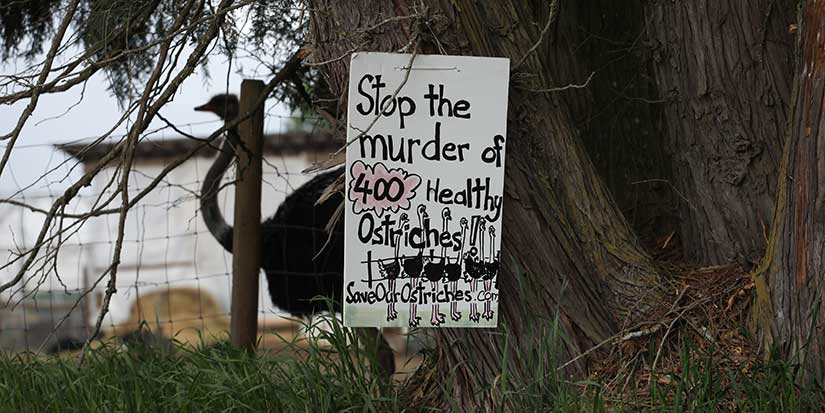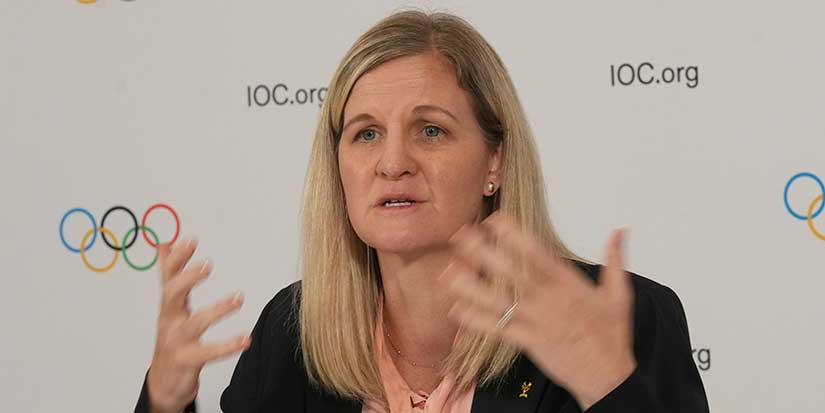Latest News
Learning a new way to get the news

Published 12:23 PDT, Fri September 1, 2023
—
The world’s first website was created in 1991, Facebook was founded in 2004 and Instagram 2010. Why bring this to your attention? Well, Meta who owns both social media platforms denied access to every news media’s Facebook and Instagram accounts that’s in Canada. The message as posted by Meta on every news media’s Facebook and Instagram page is loud and clear.
This article is not about who is right, or who is wrong; or why Meta and Google should pay a ‘tax’ every time a Canadian reads the news on social media, when no one pays for the service provided by Meta. It’s about trying to understand how this feud began and how we survive the fallout. Bill C-18 went through 13 steps/readings in the House of Commons and the Senate before being approved as Canada’s Online News Act. The Act is too detailed to insert here but you can go to parl.ca/
legisinfo
The Richmond Sentinel is a not-for-profit community newspaper complimented with the daily news posted on our website and social media accounts. The small community news providers and home-based journalists providing news through social media are affected by this action the same way if not more so, as the big broadcasting networks and major newspapers.
Meta’s president of global affairs, Nick Clegg’s response to Canada’s Online News Act was shared on Meta’s website May 8 from an opening statement to be given at Canada’s Heritage Committee. The release stated, Meta does not benefit unfairly from people sharing news content on their sites. News Publishers choose to share their content on Facebook because it benefits the news publishers to do so. The statement went on to say, the traditional news industry faces profound challenges. New technology has emerged, consumer behaviour has changed, and old business models don’t work anymore. Of course, everyone wants quality journalism to thrive, but it makes no sense to claim social-media companies are taking money from news publishers.
How did we get here: Ten years ago, there were 36 daily newspapers in British Columbia—now there are only 13 daily newspapers left according to an article on the Globe & Mail website due to economic power and the influence of technology. Baby Boomers remain loyal and are willing to pay for the traditional means of reading a hard copy newspaper. They are willing to pay for television cable or satellite service to get the local and international news. But, Generation X, the Millennials and Generation Z broke away from these traditions and gravitated to social media—it’s free and it’s faster to search what their interests are.
Where the majority of readers go—the advertisers follow. Consequently, newspapers were losing advertising dollars, resulting in some shutting down their businesses, journalists were losing their jobs and consequently, the communities were losing their connection to local and international news.
So many small community or individual news outlets surfaced over the last few years to fill the void left by 72 per cent of the traditional daily newspapers shutting down just here in B.C. alone. The journalists who lost their jobs realized the long-term affect this had on the community so many did what they do best: utilize their experience to create a home-based news outlet to keep the community connected locally and with the outside world.
They’re a new generation of journalists working independently relying heavily on social media to get their stories out to their community while making a living. Many didn’t have a website because of the cost of graphic design, licenses, constant maintenance, and the technical ability to upload stories on a website so they relied on social media—it was free and easy to use.
When Meta blocked Canadians from receiving news on Facebook and Instagram, it was in response to the Federal Government’s Online News Act forcing Meta to share revenues with Canadian news outlets. Some observers put the blame on the government for mishandling the legislation while others place it squarely on Meta. No matter who is at fault, simply put, Canadian news media can no longer post news on Facebook or Instagram and Canadians can no longer view or share news on Facebook or Instagram. Check any of the television networks or newspaper Facebook sites. It reads: ‘People in Canada can’t see this content in response to Canadian government legislation, news content can’t be viewed in Canada—No Posts Available.’
Alfred Hermida, a journalism professor at the University of British Columbia said in an interview with the Vancouver Sun on Aug. 17, “The local outlets rely on social media much more than larger outlets, who have a bigger presence in terms of audiences as they have a bigger reach.” He went on to say that about a quarter of Canadians get at least some of their news from Facebook. He explained the value to news outlets is that people use Facebook to find a community, either based around geography or a particular issue and come across news stories relevant to them.
Have we stepped back in time to when there was no social media? Will this dispute between the Federal Government and Meta be resolved? Only time will tell. For now, it is critical for all independent news outlets to find a way to drive their Facebook followers to their website, if they have a website.
The Richmond Sentinel, is doing everything it can to try to educate our community on how to access our news in different ways. The richmondsentinel.ca will continue to provide local, national and international news. Our newspaper can also be read online under Editions. Our media team will continue to film local stories and post the videos on our website under Videos. We are in the process of adding: Tik Tok, Little Red Book, Reddit, WeChat, and YouTube. Our team is working on new, additional ways to deliver the news to you.
People’s reading habits won’t be easy to change. For the younger generation, shifting how they consume the news in Canada is going to be a new challenge for us to navigate the news to them. We are always looking for ways to attract the younger audience and with Meta cancelling Canadians’ ability to get news on Facebook and Instagram, we should be concerned about the long-term effect.
How can you help? Share with family, friends, and neighbours to go to richmondsentinel.ca or download the Richmond Sentinel app apps.apple.com/ca/app/richmond-sentinel-news/id1471479801































